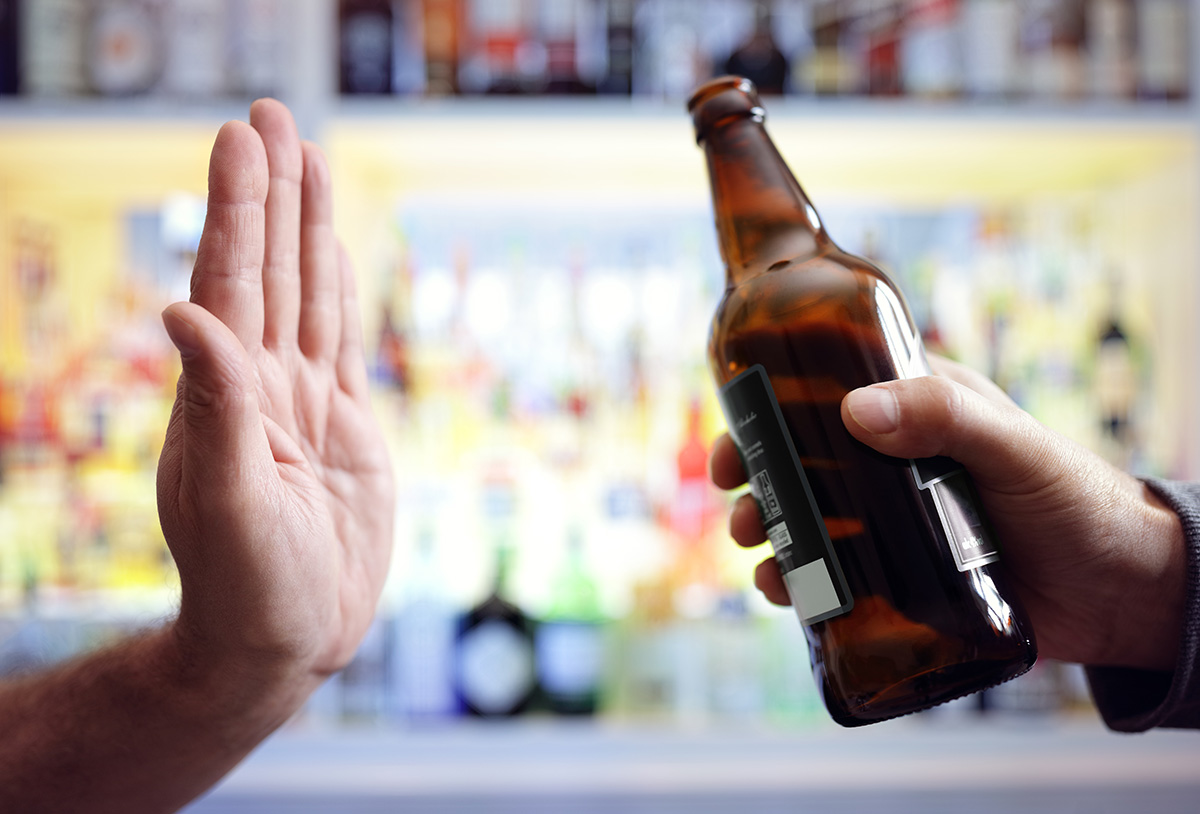

By: AndreaBergman
In today’s society, alcohol is a common fixture in stores, in social settings, and in the media. People are often seen consuming alcohol in commercials, shows, and movies. With such easy access, it can be hard to remember that it can pose a threat when abused. Also common in today’s society, the mental health disorder depression. Many Americans struggle with depression every day, some without even realizing it. With both issues being so prevalent, it’s no wonder that alcohol and depression are so often linked together. When you’re struggling with alcohol and depression, it’s important to seek out the proper dual diagnosis treatment in order to understand the connections between the two issues and how to recover.
Common Co-Occurring Disorders
While both alcohol and depression are common issues in society, they are also quite commonly seen together. In some cases, the symptoms of depression will lead the individual to consume alcohol in order to self medicate. In these instances, some might not even realize they’re struggling with depression; they just know they want to feel better from the sad and hopeless feelings they’ve been experiencing.
In other cases, the consumption of alcohol leads to the individual experiencing depression. Because alcohol is a sedative, it affects the serotonin levels in the brain. This chemical change is what leads individuals to feel happy, relaxed, and hopeful while drinking. However, after the effects wear off, individuals are left experiencing low periods of depression. Prolonged alcohol consumption can lead to longer periods of depression, eventually creating a cycle of alcohol dependence to avoid feeling unpleasant withdrawal symptoms. Alcohol withdrawal symptoms will begin to occur once the body becomes reliant on the substance in order to function properly.
Regardless of which issue occurs first, both need attention. An alcohol addiction treatment center will be able to provide the care you need to understand how depression affects your drinking. Depression treatment can help you to learn how to manage your mental health properly without reaching for alcohol to self medicate.
Signs and Symptoms to Know
Knowing the signs of alcohol addiction and depression can be key in making the decision to seek out treatment. Knowing these symptoms is also vital to identify addiction in a loved one as well. When these symptoms are present, it’s crucial to reach out for help.
Signs of depression can include the following:
- Sadness
- Hopelessness
- Feelings of worthlessness
- Guilt
- Fatigue
Signs of alcohol addiction can include the following:
- Continuously craving alcohol
- Excessive amount of time spent drinking
- Neglecting responsibilities to drink
- Drinking regardless of negative consequences
These symptoms are the telling signs that alcohol and depression are hurting your health. Don’t ignore the signs and reach out for help today.
Dual Diagnosis Treatment for Alcohol and Depression at Lakeview Health
At Lakeview Health, we understand that alcohol and depression often occur alongside each other. When you’re struggling with both issues, we’re able to help. Our addiction treatment programs help those struggling with substance abuse and teaches them ways to manage their mental health instead of turning to alcohol.
Programs and therapies that we offer include:
- Residential treatment program
- Intensive outpatient treatment program
- Aftercare program
- Alumni program
- Cognitive-behavioral therapy program
- Individual therapy program
- Group therapy program
If you’re struggling with alcohol and depression, contact Lakeview Health for help. Call today at [Direct] to learn about our treatment options and begin the healing process.
Lakeview Health strives to keep our clients and staff safe during the current COVID-19 pandemic. Learn about new guidelines and updates today.
We currently accept Aetna, Cigna, and United Healthcare. We do not currently accept Medicare, Medicaid, or Florida Blue.





